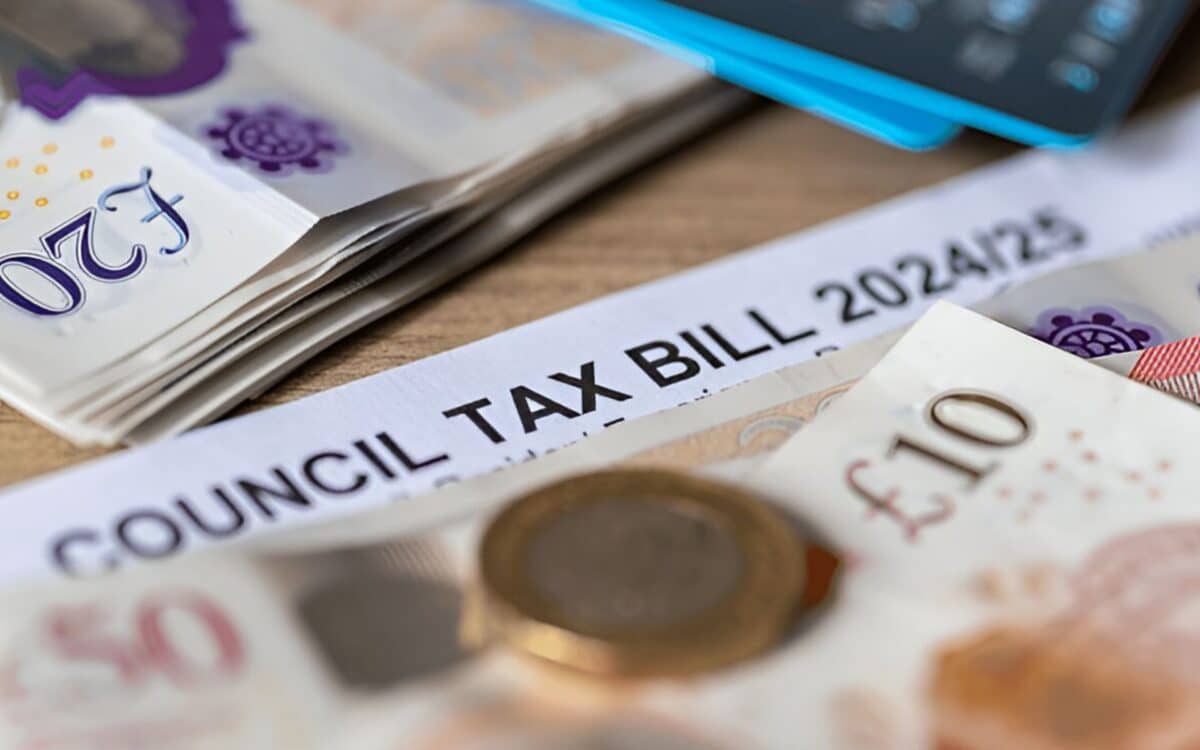Thousands of homeowners in London will soon face an unprecedented rise in their council tax bills as new regulations come into effect in April. As boroughs struggle with financial challenges, the decision to double payments for certain residents and property owners raises significant questions about housing policy and its effects on local communities.
Significant Increases in Council Tax for Vacant and Second Homes
Council tax will be doubled for owners of unoccupied and unfurnished homes that have been vacant for over one year. Additionally, second homes will incur a council tax charge at twice the current rate. A standard Band D second home in Wandsworth could pay around £1,500 annually, which includes a projected 5% increase and the City Hall precept.
From April 1, Westminster will implement similar measures. However, exemptions will be made for individuals who occupy second homes due to job-related requirements. Those who maintain a second property in the city solely for convenience will not be exempt and will face the increased charges.
Response to Rising Housing Challenges and Local Policies
These changes follow Hackney’s decision to double council tax premiums for empty properties and second homes last year. Westminster already charges a 200% premium on homes unoccupied for over five years, and a 300% premium on homes empty for a decade.
Both Wandsworth and Westminster currently have the lowest council tax rates in England. Simon Hogg, leader of Wandsworth Council, commented, “Too many local families can’t find a place to call home,” emphasizing the urgent need for effective solutions to the housing crisis.
Regulatory Changes and Financial Implications for Local Authorities
The previous Conservative government strengthened regulations that allow councils to double council tax on long-term empty and second homes. Local authorities are now in a position to “reinvest” this additional revenue into public services, though the effectiveness of such measures is yet to be determined.
| Statistic | Value |
|---|---|
| Increase in long-term empty properties (since 2017) | 73% in London |
| Long-term vacant properties in London | 34,327 |
| Estimated value of vacant properties | Over £20 billion |
This policy shift prompts residents to rethink their relationship with property in a city grappling with a severe housing crisis. The implications are significant: should homeowners with multiple properties face penalties while so many others struggle to secure housing?









